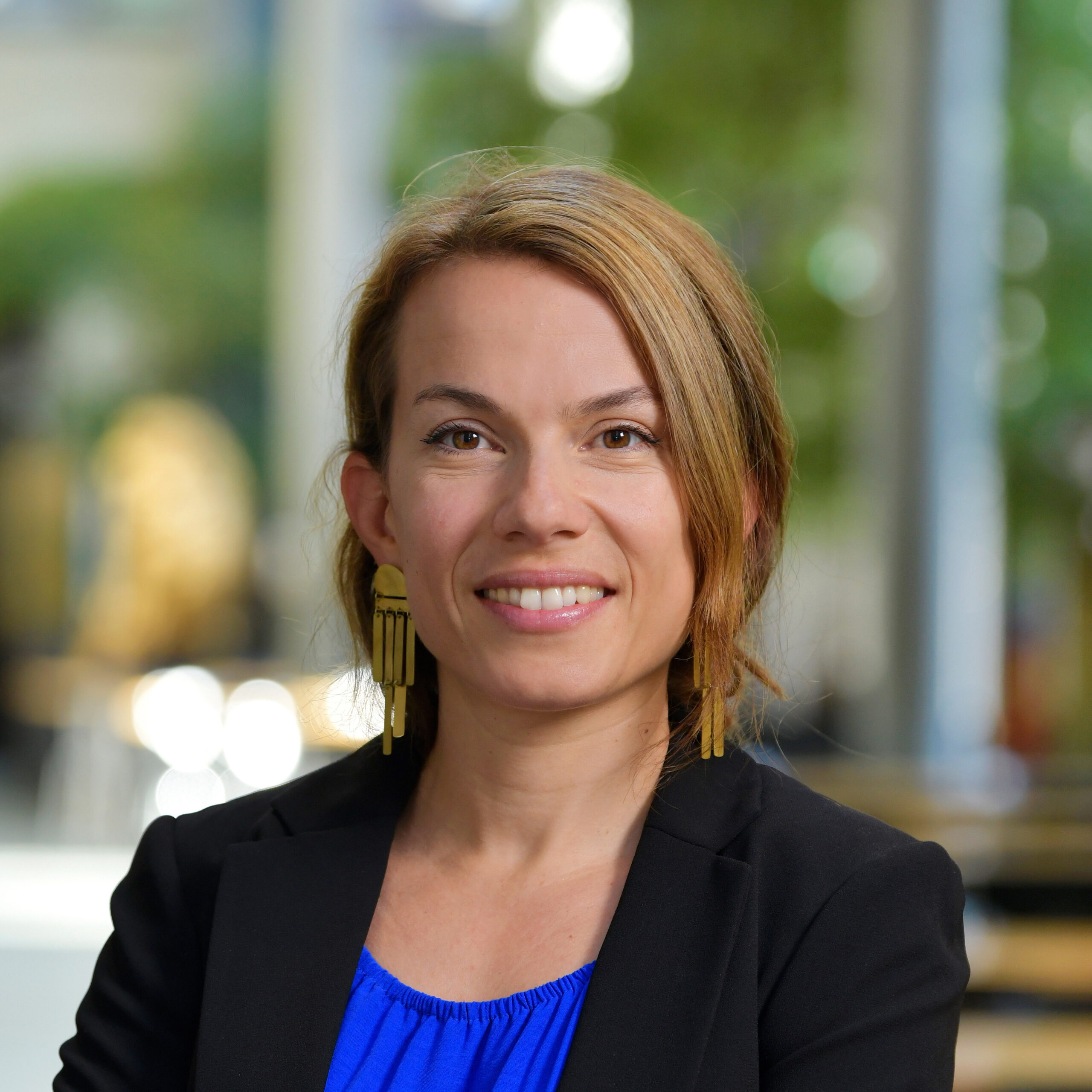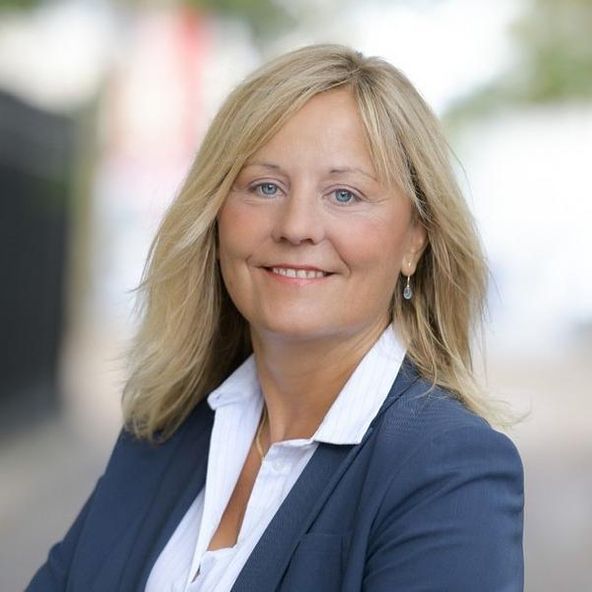Bridging the Gap between Humanitarian Needs and Technological Innovation
Humanitarian needs, caused by conflicts, violence and extreme climate events are at record highs. According to OCHA, more than 270 million people needed humanitarian assistance in 2022. At the same time scientific knowledge and innovations contributed to a tremendous improvement in human well-being and prosperity over the last decades. However, vulnerable populations, especially those affected by conflicts and crises, often do not benefit from these technological advancements. Failure to consider their specific context also means they are often more exposed to risks related to technology.
The Engineering for Humanitarian Action (EHA) initiative, driven by a partnership between the two Swiss Federal Institutes of Technology (ETH Zurich and EPFL) and the International Committee of the Red Cross (ICRC), aims to address this disparity and ensure that investment in research and innovation is also targeting the needs, and considering the constraints, of vulnerable populations. EHA focuses on developing innovative solutions to enhance the impact of humanitarian action. Its three main components encompass (i) joint research and innovation projects, (ii) testing and scaling solutions as well as (iii) educational programs.
The EHA initiative strives to bridge the gap between emerging technologies and the pressing needs of vulnerable populations affected by conflicts, with the ultimate goal of creating a more just and sustainable future for all. Ideally located in Switzerland, at the epicenter of the global humanitarian ecosystem and benefiting from the Swiss tradition of academic excellence, it aims to reinforce the leading position of Switzerland in humanitarian innovation and technology.











